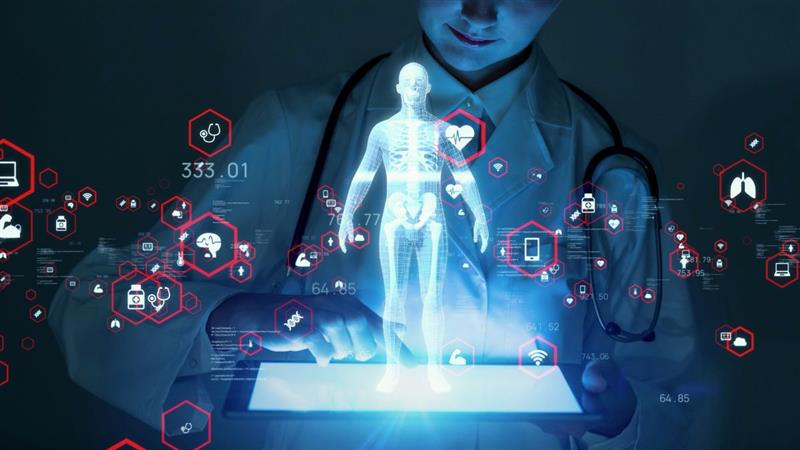
Biomap, a biotech startup backed by Hong Kong’s government, declared it has overtaken Google-owned DeepMind’s AlphaFold in commercializing AI models used for drug discovery, showing how biotechnology engineering is powering the coming therapy wave and industrial drug line.
Biomap’s approach is a new strategic shift in the field. While the majority of AI solutions promise more accurate predictions, Biomap looks towards the generation of complete ecosystems that bring algorithms to actual therapies.
“There’s no absolute winner in AI benchmark tests, but in terms of commercialization and projects developed based on our models, I think we are ahead of AlphaFold,” Liu Wei told South China Morning Post.
He acknowledged that AlphaFold has “greater academic influence.”
Biotechnology and Pharmaceutical Innovation
DeepMind’s AlphaFold is seen as the global leader in molecular structure prediction and AI for protein design. Its latest version, AlphaFold 3, discovers interactions between proteins, DNA, Ribonucleic acid (RNA), and other molecules.
Supporters argue this could accelerate drug pipelines, where drug development can take more than a decade and most candidates fail trials.
But a deeper point of view shows that biotechnology engineering is behind each step-in drug discovery. Biopharmaceuticals represent only 10% of the therapeutic market, and 90% are small molecules produced by chemical synthesis with reproducibility and cost benefits.
In practice, drug discovery startups rely on biotechnology to find and characterize drug targets, to provide standardized bioassays for high-throughput screening, and to minimize efficacy and toxicity testing required for regulatory approval.
In fact, Biomap’s xTrimo models did better than AlphaFold 3 in reported antibody-target interaction tests, but the company’s strength is in bringing these predictions into complete medical biotechnology channels.
Forward (phenotypic) and reverse screens continue to be vital for lead compound discovery. AI tools speed both up by informing what compounds to test, saving time and costs in the “valley of death” where most leads perish between preclinical and Phase II trials.
Biotechnology advances and AI let companies make fast development cycles while improving experiment accuracy.
Biotechnology Building Drug Discovery Future
Today, China’s tech ecosystem is part of this international competition. Chinese AI biotech companies like ByteDance’s Protenix, represent the region’s growing influence.
Biomap’s strategy backed by government support and firm collaborations, shows that future drug discovery is dependent on advanced biotechnologies which includes AI, standardized bioassays, and target characterization. Still, uncertainty remains. No AI-designed drug has yet cleared clinical trials, and industry leaders like DeepMind’s Demis Hassabis caution that predictive models are only the first step.
“In the next couple of years, I’d like to see that cut down in a matter of months, instead of years,” Hassabis said, emphasizing both potential and limitations.
Analytically, AI leadership in drug discovery will be less algorithmically sophisticated and more reliant on industrial integration and ecosystem planning. Emerging biotechnologies allow companies like Biomap to integrate computation with patient-ready medicines efficiently.
This strategy highlights the benefits of biotechnology for drug discovery, avoiding failure and speeding up research and development (R&D). Depending on training large language models on biological data provides deeper understanding of molecular interactions and guides experimental design.
At the same time, medical biological engineering and computing offer the computational infrastructure to analyze complex data sets. Finally, strategic biotechnology investing makes this technology scalable and sustainable, remaking biotech and pharmaceutical innovation and establishing AI-powered biotech as an institution of modern medicine.
Inside Telecom provides you with an extensive list of content covering all aspects of the Tech industry. Keep an eye on our Medtechsection to stay informed and updated with our daily articles.